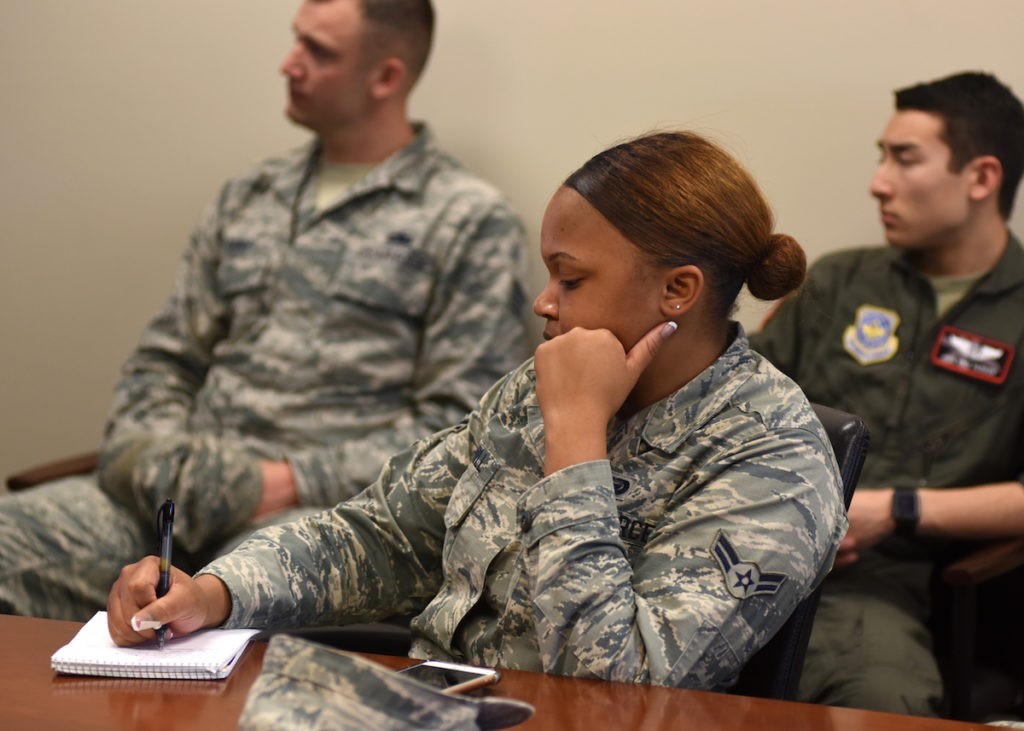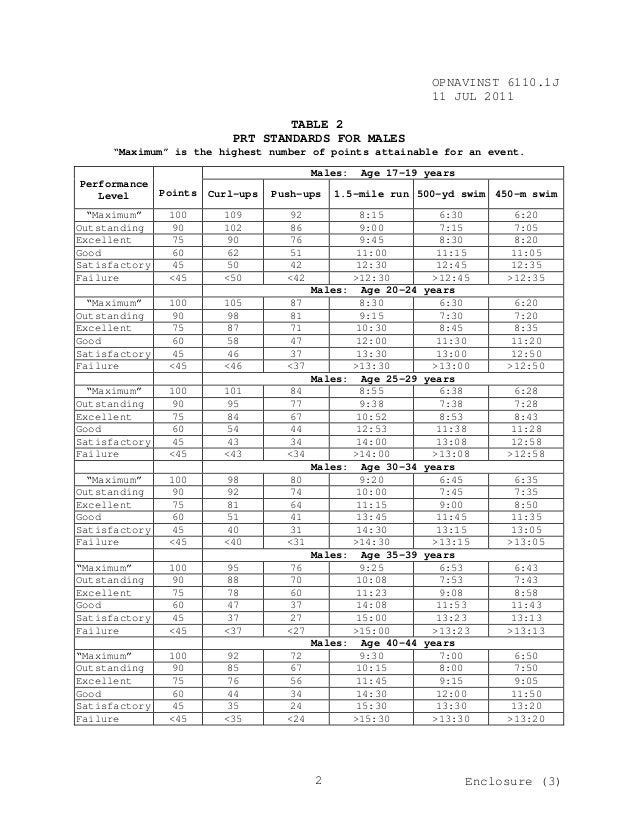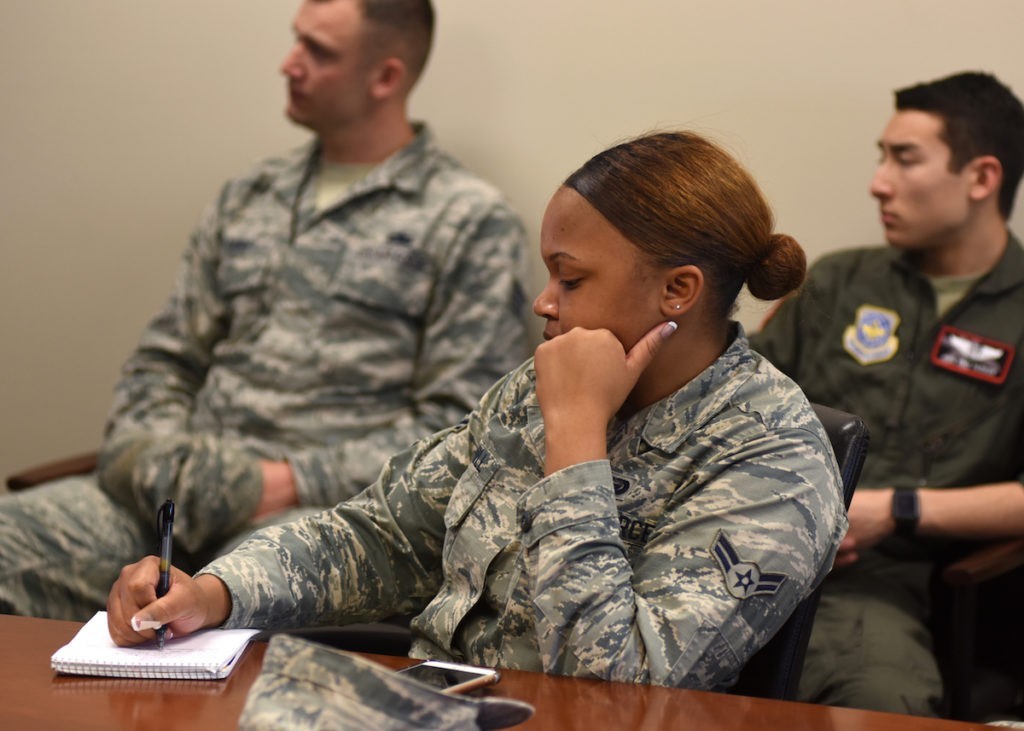Military
US Air Force Tuition Assistance Program

Introduction to the US Air Force Tuition Assistance Program

The US Air Force Tuition Assistance (TA) program is a benefit provided to active duty, reserve, and guard members to help them pursue higher education and professional development. The program is designed to assist airmen in achieving their educational goals, enhancing their skills, and advancing their careers. In this blog post, we will delve into the details of the US Air Force Tuition Assistance program, its eligibility criteria, application process, and benefits.
Eligibility Criteria

To be eligible for the US Air Force Tuition Assistance program, airmen must meet certain requirements. These include: * Being on active duty, in the reserve, or in the guard * Having a high school diploma or equivalent * Being in good standing with their unit * Having a minimum GPA of 2.0 * Not having any federal student loans in default * Not having exceeded the TA limit of $4,500 per fiscal year
Application Process

The application process for the US Air Force Tuition Assistance program is straightforward. Airmen can follow these steps: * Step 1: Determine their eligibility for the program * Step 2: Choose a degree program or course that is approved by the Air Force * Step 3: Apply for TA through the Air Force Virtual Education Center (AFVEC) * Step 4: Receive approval and begin their coursework
Benefits of the Program

The US Air Force Tuition Assistance program offers several benefits to airmen, including: * Financial assistance: The program covers up to 100% of tuition costs, up to $250 per semester hour * Increased earning potential: By pursuing higher education, airmen can increase their earning potential and enhance their career prospects * Improved job satisfaction: The program allows airmen to pursue their interests and passions, leading to improved job satisfaction * Competitive advantage: The program provides airmen with a competitive advantage in the job market, both within and outside the military
Approved Degree Programs and Courses

The US Air Force Tuition Assistance program approves a wide range of degree programs and courses, including: * Associate’s degrees * Bachelor’s degrees * Master’s degrees * Certificate programs * Vocational training Airmen can choose from a variety of fields of study, including business, engineering, healthcare, and more.
Table of Approved Institutions

The following table lists some of the approved institutions that participate in the US Air Force Tuition Assistance program:
| Institution | Location |
|---|---|
| Ashford University | San Diego, CA |
| University of Phoenix | Phoenix, AZ |
| Capella University | Minneapolis, MN |
| Colorado Technical University | Colorado Springs, CO |

💡 Note: This is not an exhaustive list, and airmen should check with the Air Force Virtual Education Center (AFVEC) for a complete list of approved institutions.
Conclusion and Final Thoughts

The US Air Force Tuition Assistance program is a valuable benefit that can help airmen achieve their educational and career goals. By understanding the eligibility criteria, application process, and benefits of the program, airmen can make informed decisions about their education and career. With the program’s financial assistance and approved degree programs, airmen can pursue their interests and passions, leading to improved job satisfaction and increased earning potential.
What is the US Air Force Tuition Assistance program?

+
The US Air Force Tuition Assistance program is a benefit provided to active duty, reserve, and guard members to help them pursue higher education and professional development.
How do I apply for the US Air Force Tuition Assistance program?

+
Airmen can apply for the program through the Air Force Virtual Education Center (AFVEC).
What types of degree programs and courses are approved by the US Air Force Tuition Assistance program?

+
The program approves a wide range of degree programs and courses, including associate’s degrees, bachelor’s degrees, master’s degrees, certificate programs, and vocational training.



